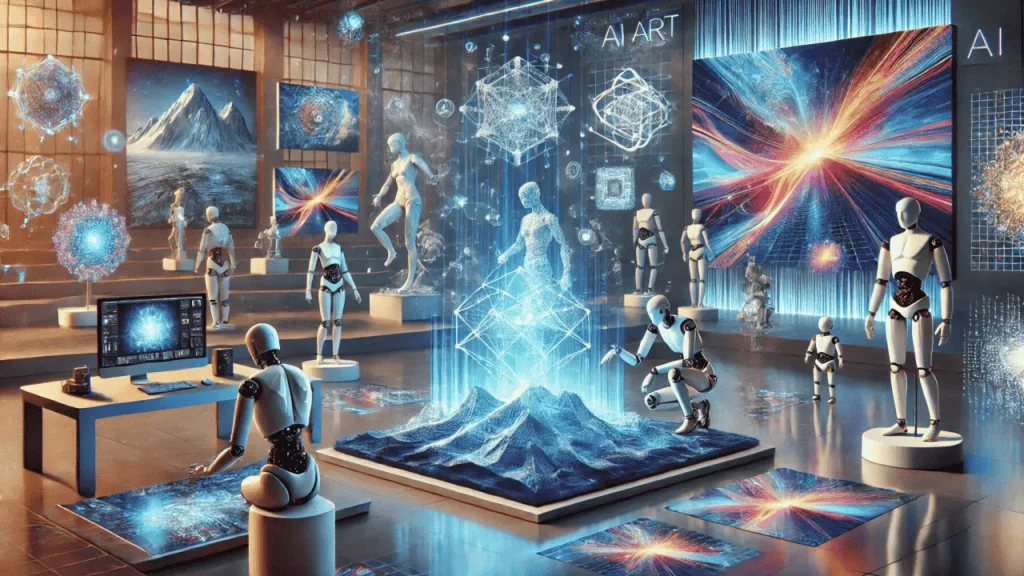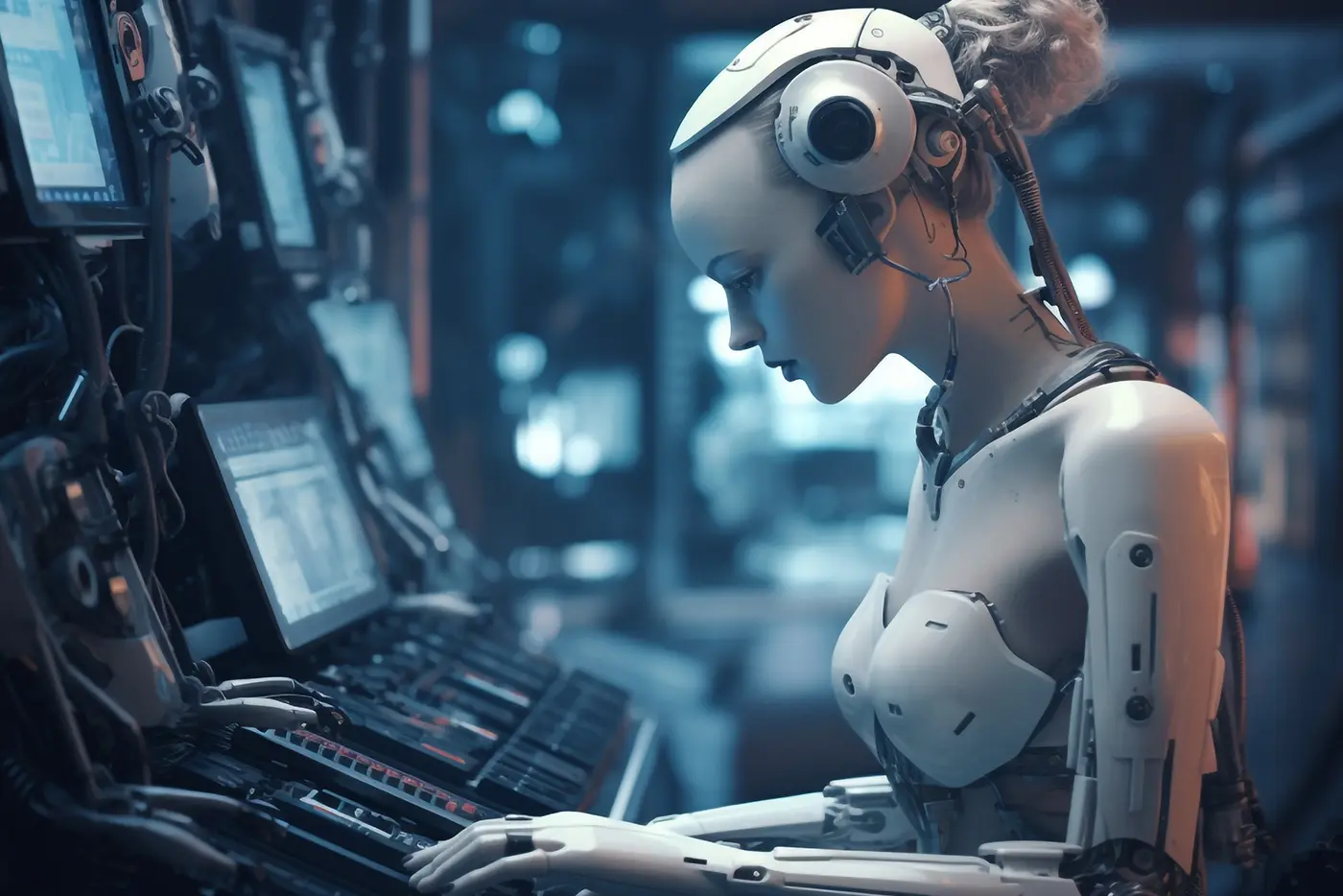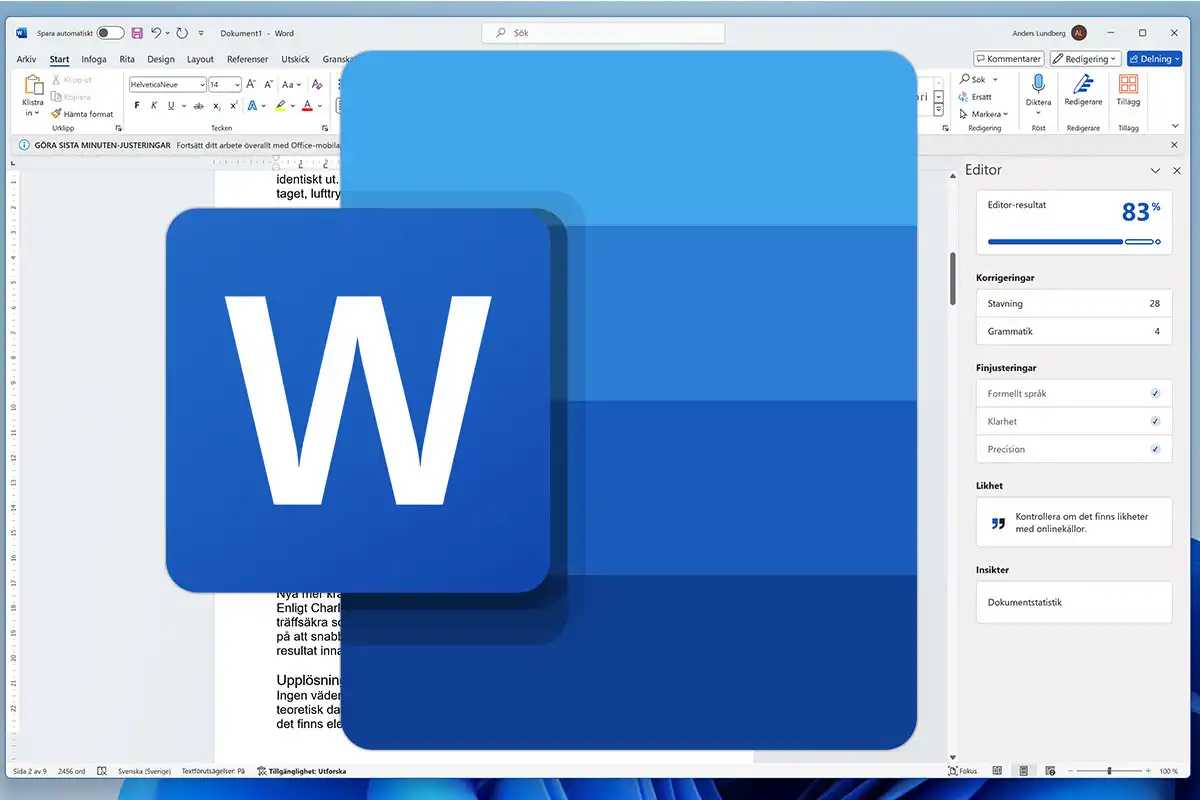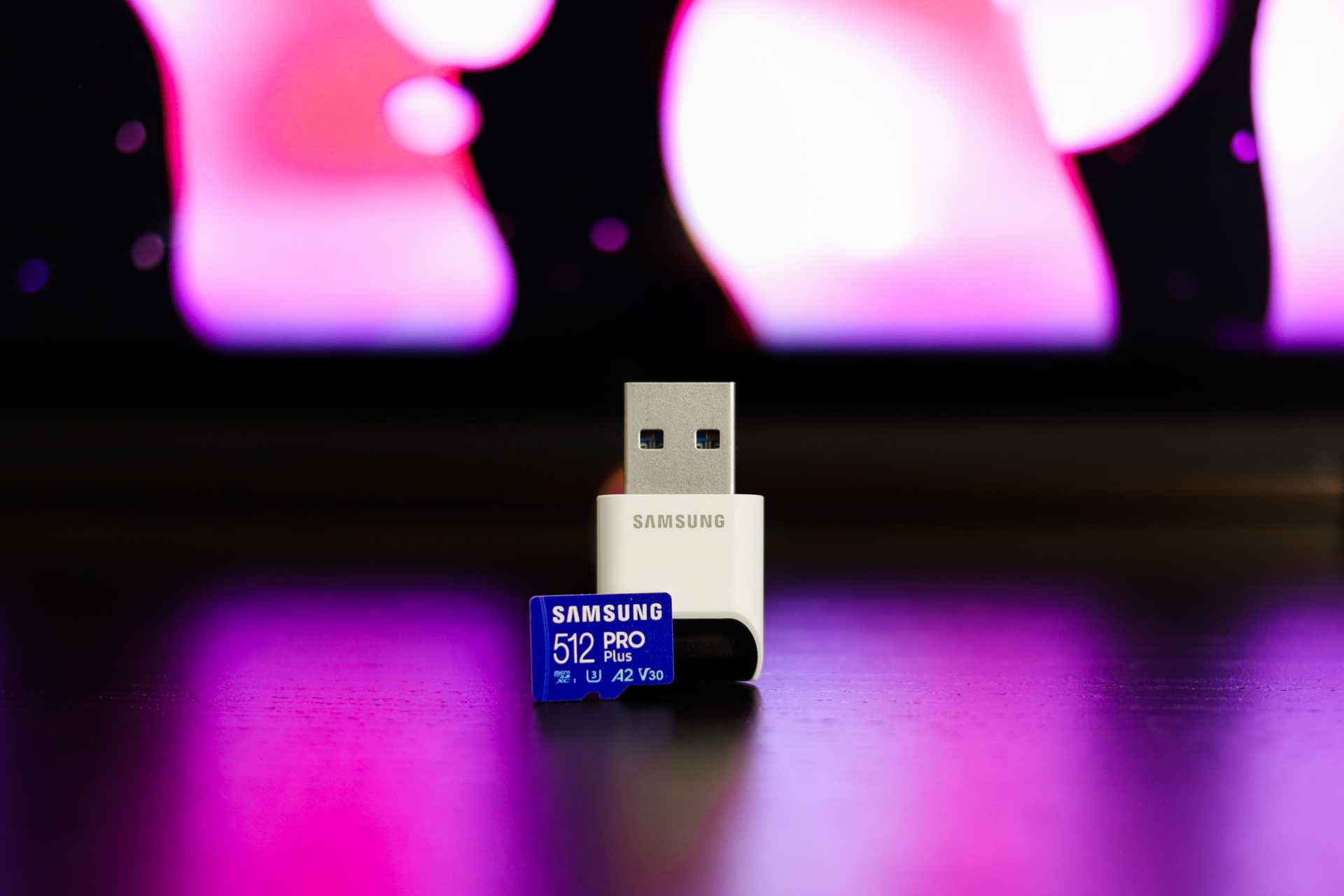
Can AI-Generated Art Be Copyrighted? Legal Ambiguities Surround Creative Ownership
If you’ve ever wondered whether artwork created using AI tools can be copyrighted, you’re not alone. As the world of AI-generated art continues to expand, one critical question remains: Can the output of AI systems, such as images or text, be owned and sold by the person who prompts the system? According to recent guidance from the US Copyright Office, the answer isn’t as straightforward as many might hope.
The crux of the updated Report on Copyright and Artificial Intelligence is clear: For a work to be eligible for copyright, it must have “some degree of originality” and involve “human authorship.” Simply inputting prompts into an AI tool doesn’t meet these criteria. The report highlights that, in legal terms, an author is someone who translates an idea into a tangible expression. Since AI operates autonomously to generate outputs based on human input, it does not qualify as a creator. Therefore, purely AI-generated content doesn’t meet the necessary requirements for copyright protection.
Copyright law requires originality, not just effort or time. The Copyright Office makes the case that since an AI system can generate an infinite variety of outputs from a single prompt, it demonstrates a lack of human control. As the system operates independently, it doesn’t allow for a consistent, human-driven creative process. The report further explains that the fact that identical prompts can yield different results indicates that AI lacks the control needed for ownership.
However, the discussion doesn’t end there. The report clarifies that the use of AI tools to assist rather than replace human creativity does not prevent copyright eligibility. For example, if a person uses AI-generated material as part of their artwork, such as digital art or video game design, they may still claim copyright protection on the original human contributions within the work. Activision’s Call of Duty is a recent example, where AI-generated imagery doesn’t make the whole game ineligible for copyright.
The key issue here is determining when AI-generated content has taken over to the extent that the human contribution is too limited for a copyright claim. The report suggests that this will be evaluated on a case-by-case basis, leaving much uncertainty in the field. As technology continues to outpace legislation, it’s clear that more legal battles will likely arise, especially as AI tools become more advanced and capable of creating complex works on their own.
Ultimately, the legal landscape around AI and copyright remains murky. New legislation or court rulings could significantly shift the current interpretation. For now, the debate continues, with many awaiting clearer answers on how much AI-driven creation can still be considered human-authored for copyright purposes.




